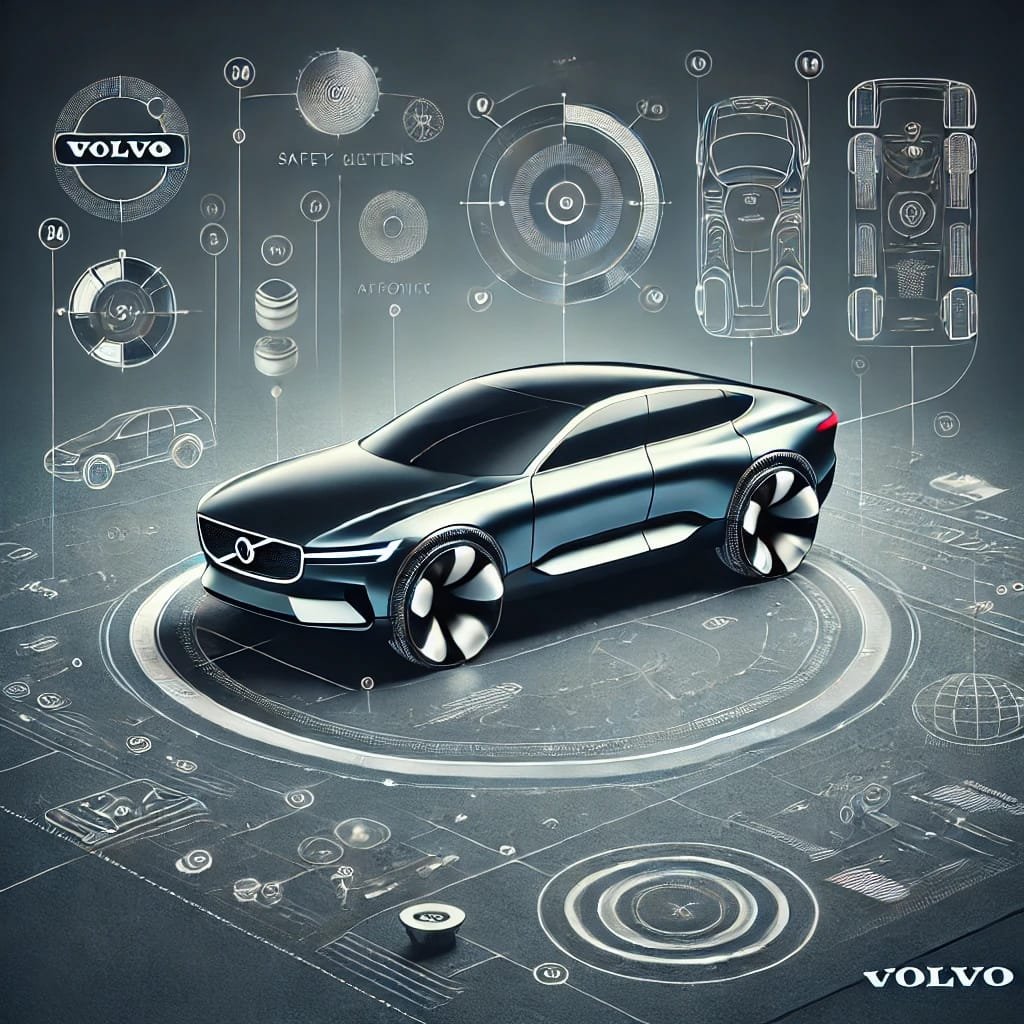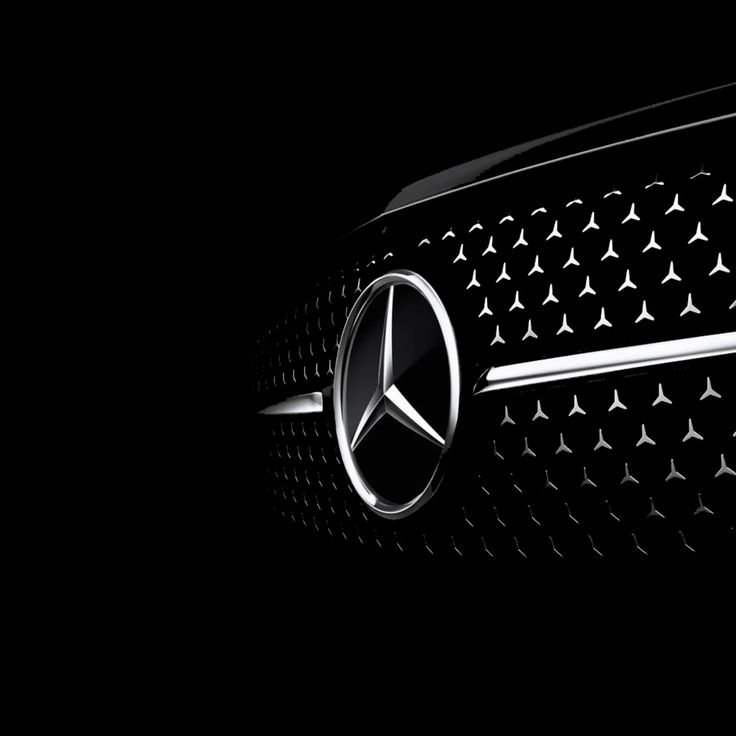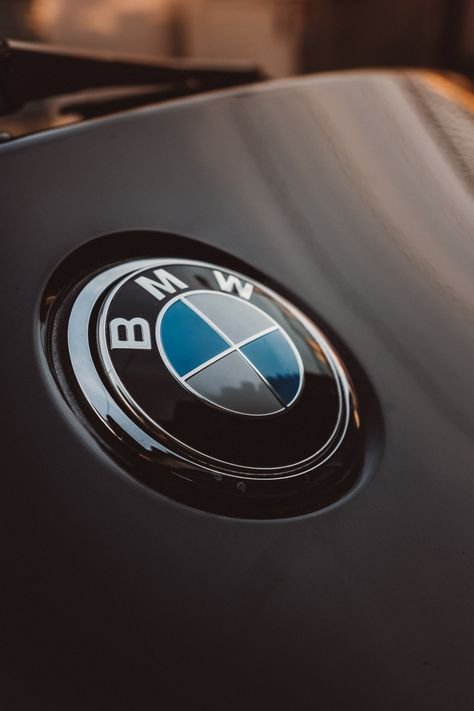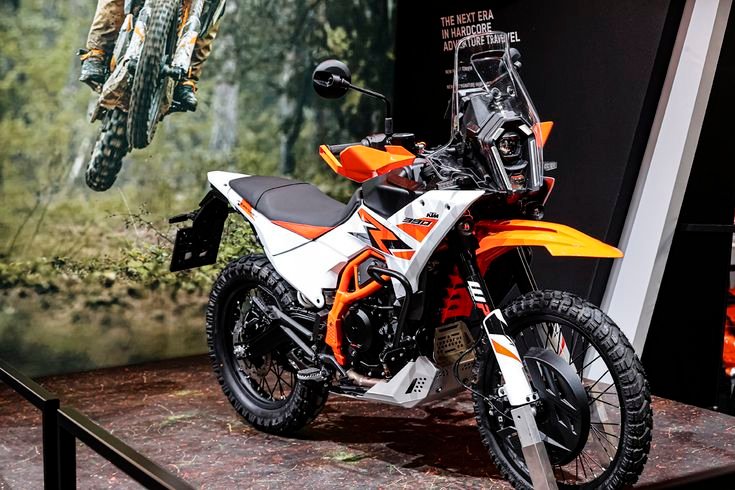
Volvo’s highly anticipated EX30 electric SUV, originally set for a US release by the end of 2024, has hit an unexpected roadblock, now postponed until 2025. The delay, attributed to “changes in the global automotive landscape,” remains vague but is likely influenced by increasing tensions between the US and China over electric vehicle (EV) tariffs. This setback highlights the complex interplay between geopolitical factors and the evolving dynamics of the automotive industry, especially for companies like Volvo, whose parent company Geely is based in China.
The EX30: A Game-Changer for Volvo
The EX30 is a significant model for Volvo, marking a strategic move to capture a broader segment of the EV market. It is not only Volvo’s smallest SUV but also the most affordable, with a starting price of $34,950. The EX30 aims to provide a blend of affordability, advanced technology, and performance, making it a competitive offering in the growing EV market.
This model is essentially the electric successor to the long-discontinued C30 hatchback, designed to attract cost-conscious buyers without compromising on the essential features and quality expected from Volvo.
The EX30 features a minimalistic interior that relies heavily on a central touchscreen for controls, a strategy aimed at reducing production costs. Despite these cost-cutting measures, the vehicle includes advanced features such as Google built-in services and impressive performance metrics. The dual-motor all-wheel-drive version of the EX30 can accelerate from 0 to 60 mph in just 3.4 seconds, a performance level rarely seen in Volvo’s lineup.
Geopolitical Tensions and Tariff Implications
The delay of the EX30’s US launch can be seen as a direct consequence of the growing tensions between the US and China, particularly regarding trade and tariffs on electric vehicles. As the global EV market expands, so does the complexity of international trade relations. Tariffs on Chinese-made EVs have been a significant concern for automakers, as these additional costs can undermine the competitive pricing of models like the EX30.
Volvo’s parent company, Geely, being Chinese, complicates the situation further. Initially, production of the EX30 began in China, a logical step given Geely’s manufacturing capabilities and the established supply chain. However, the potential tariffs could erode the cost advantage of producing in China, prompting Volvo to reconsider its production strategy.
Production Shift to Europe
In response to these challenges, Volvo plans to start manufacturing the EX30 in Ghent, Belgium, beginning in 2025. This move is aimed at mitigating the impact of tariffs and ensuring a smoother supply chain for the European and potentially the US markets. Producing the EX30 in Belgium not only helps avoid the tariffs associated with Chinese imports but also aligns with Volvo’s broader strategy to localize production and reduce logistical complexities.
The decision to shift production to Europe underscores Volvo’s commitment to meeting the anticipated high demand for the EX30. Early sales figures indicate that the EX30 is poised to become one of Volvo’s most popular models, with sales performance rivaling that of the larger EX40 SUV.
Impact on Volvo’s Electrification Strategy
While the delay of the EX30 is a setback, it doesn’t signify a derailment of Volvo’s broader electrification goals in the US. Volvo has already begun manufacturing the EX90 in the United States, offering consumers a larger electric SUV option. This diversification in their electric vehicle lineup ensures that Volvo remains competitive, even as the EX30 faces delays.
The EX90’s introduction is part of Volvo’s ambitious plan to transition to a fully electric vehicle lineup by 2030. The company has been investing heavily in EV technology and infrastructure, aiming to position itself as a leader in the premium electric vehicle market. The delay of the EX30 is a bump in the road, but it doesn’t diminish Volvo’s overall momentum toward electrification.
Competitive Landscape
Volvo’s EX30 faces stiff competition in the compact electric SUV segment. Notably, Tesla’s Model Y and Chevrolet’s new Equinox EV are formidable rivals. The Tesla Model Y, with its competitive pricing (especially after tax credits), has already established a strong foothold in the market. Similarly, the Chevrolet Equinox EV is set to appeal to buyers looking for an affordable yet feature-rich electric SUV.
The delay in the EX30’s US launch could potentially give competitors an edge. However, Volvo’s strategy to eventually produce the EX30 in Belgium might level the playing field by ensuring competitive pricing and availability without the burden of tariffs. Additionally, Volvo’s reputation for safety, design, and build quality could give the EX30 a unique appeal, differentiating it from its competitors.
Consumer Expectations and Market Reception
The compact SUV segment is one of the fastest-growing markets for electric vehicles, driven by consumer demand for versatile, eco-friendly, and technologically advanced cars. The EX30, with its competitive price point and Volvo’s brand promise, has generated significant interest among potential buyers.
The delay might cause some disappointment, but it also builds anticipation. By the time the EX30 launches in the US, it could benefit from improved production processes and refinements that come from additional development time. Volvo’s transparency and communication regarding the delay will be crucial in maintaining consumer trust and interest.
Technological Innovations in the EX30
One of the key selling points of the EX30 is its integration of advanced technologies. The vehicle’s reliance on a central touchscreen for most controls is a nod to modern design trends, emphasizing simplicity and user experience. Google built-in services offer seamless connectivity, navigation, and entertainment options, enhancing the driving experience.
Performance-wise, the dual-motor all-wheel-drive version stands out with its rapid acceleration. This level of performance is rare for vehicles in this price range, giving the EX30 a unique position in the market. The combination of affordability, performance, and advanced features makes the EX30 a compelling option for a wide range of consumers.
Sustainability and Environmental Impact
Volvo has been vocal about its commitment to sustainability, and the EX30 is a testament to this vision. The company aims to reduce its carbon footprint by focusing on electric vehicles and sustainable manufacturing practices. The shift to producing the EX30 in Belgium aligns with these goals, as it allows Volvo to leverage renewable energy sources and reduce transportation emissions.
Moreover, the EX30’s design incorporates sustainable materials, reflecting Volvo’s broader strategy to promote environmental responsibility. By prioritizing sustainability, Volvo not only appeals to eco-conscious consumers but also sets a standard for the industry.
The Road Ahead
The delay of the EX30’s US launch is a reminder of the complexities involved in the global automotive industry, especially for companies navigating geopolitical tensions and shifting market dynamics. However, Volvo’s proactive approach to addressing these challenges—such as shifting production to Belgium—demonstrates its resilience and adaptability.
As the automotive landscape continues to evolve, Volvo’s focus on innovation, sustainability, and consumer satisfaction will be key to its success. The EX30, despite its delay, remains a crucial part of Volvo’s strategy to lead the transition to electric mobility. When it finally arrives in the US, the EX30 is poised to make a significant impact, offering a compelling blend of affordability, performance, and advanced technology.
Volvo’s delay of the EX30 electric SUV’s US launch highlights the intricate interplay between geopolitical factors and the automotive industry’s rapid evolution. While the setback poses challenges, it also underscores Volvo’s strategic agility in navigating these complexities. The shift in production to Belgium is a calculated move to mitigate tariff impacts and ensure competitive pricing.
The EX30, with its competitive price point, advanced technology, and performance capabilities, remains a key player in Volvo’s electrification strategy. As the company continues to innovate and adapt to global market dynamics, it is well-positioned to maintain its reputation as a leader in the premium electric vehicle segment.
In the grander scheme, the EX30 delay is a temporary hurdle in Volvo’s journey towards a sustainable and electrified future. By staying true to its core values and focusing on consumer needs, Volvo is set to overcome these challenges and drive forward in the competitive world of electric vehicles.
ALSO READ: Tata Altroz Racer vs Maruti Suzuki Fronx





